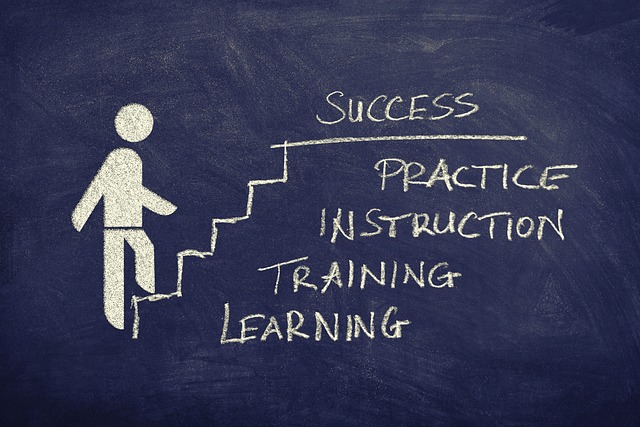Discipline is an essential aspect of a child’s educational progress and achievement. Children who have discipline are more likely to succeed academically, socially, and emotionally. In this article, we will explore the relationship between discipline and education progress and achievement.
Defining Discipline
Discipline is a set of rules, behaviors, and attitudes that are used to promote order, self-control, and positive outcomes in individuals and groups. It involves the ability to follow rules, respect authority, and take responsibility for one’s actions.
Discipline can be applied in various contexts, including personal behavior, education, parenting, and workplace environments.
Positive discipline strategies focus on teaching self-control, responsibility, and accountability, while negative discipline strategies involve punishment and coercion. Effective discipline strategies promote positive behaviors and attitudes while discouraging negative or harmful actions.
The Case For Discipline
Discipline and Self Control
Discipline helps children to develop self-control, which is crucial for academic success. Children who have discipline are better able to manage their time, stay focused, and work independently. They are also more likely to be organized and complete their assignments on time. These skills are critical for academic success, and children who lack discipline may struggle to keep up with their peers.
Discipline and Social and Emotional Development
Discipline also plays a vital role in social and emotional development. Children who have discipline are more likely to have positive relationships with their peers, teachers, and parents. They are better able to communicate their thoughts and feelings effectively, resolve conflicts, and make good decisions. These skills are essential for building healthy relationships and navigating social situations, both inside and outside of school.
Discipline and Work Ethic

Furthermore, discipline is crucial for developing a strong work ethic. Children who have discipline understand the importance of hard work and perseverance. They are more likely to set goals, work towards them consistently, and overcome obstacles along the way. These skills are essential for achieving academic success and reaching one’s full potential.
Misconception of Discipline
However, discipline can sometimes be misunderstood or misused. Punishing children excessively or using fear as a motivator can be counterproductive and may even harm a child’s emotional well-being. It is essential to promote positive discipline strategies that encourage children to take responsibility for their actions and learn from their mistakes.
Positive and Negative Discipline Strategies
Positive discipline strategies include setting clear expectations and boundaries, providing positive reinforcement for good behavior, and using natural consequences to teach lessons. These strategies promote accountability and encourage children to develop a sense of responsibility for their actions.
Promoting Discipline
Parents and educators also play a vital role in promoting discipline and education progress and achievement. They can provide children with support, guidance, and mentorship to help them develop the skills and attitudes necessary for success. Consistency and communication are also essential in promoting discipline and creating a positive learning environment.
In conclusion, discipline is a critical component of a child’s educational progress and achievement. Children who have discipline are more likely to succeed academically, socially, and emotionally. Positive discipline strategies promote accountability, responsibility, and self-control, which are essential for developing a strong work ethic and reaching one’s full potential. By promoting discipline and using positive discipline strategies, parents and educators can help children to achieve their goals and succeed in all aspects of their lives.



